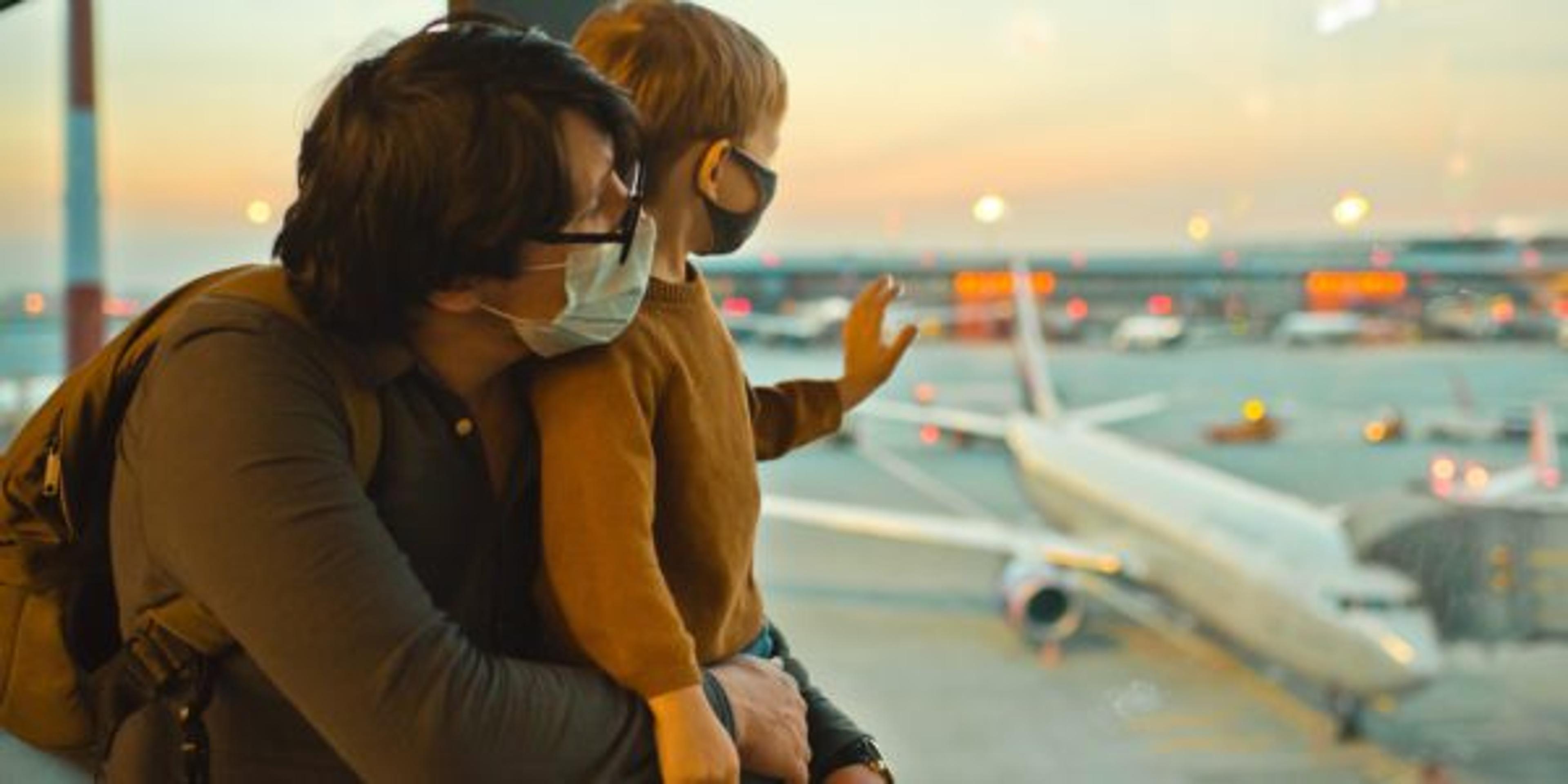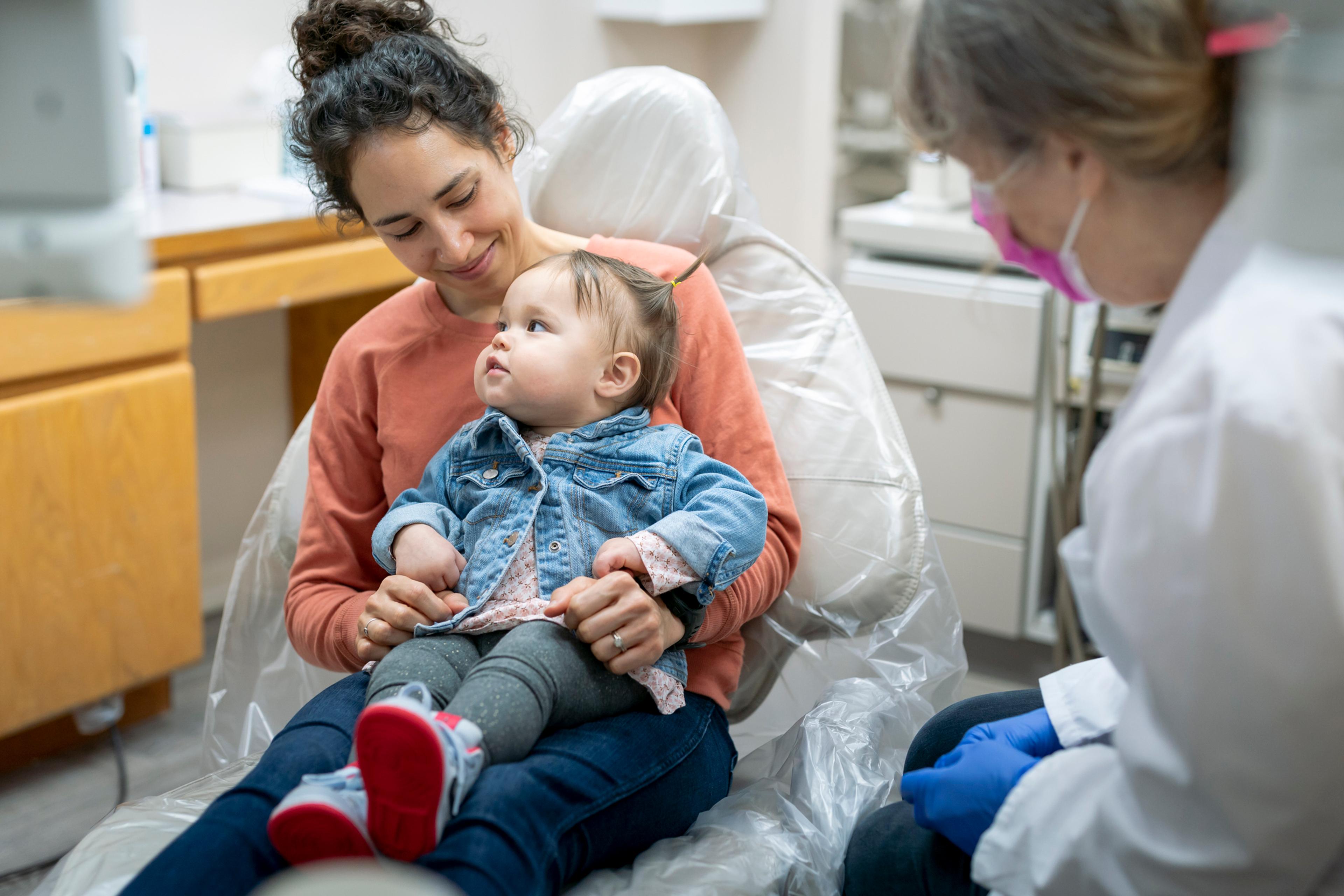Holiday Travel Tips During the Pandemic
Shandra Martinez
| 3 min read

The upcoming holidays might be a season best known for families, togetherness, presents and decorations. But for millions of Americans who are hitting the road – or the sky – it’s a time marked by airplane trips, train tickets and lots of miles in the car. Travel is expected to be robust through the end of the year, with some extra steps in place because of COVID-19. If you’re one of those venturing out, we’ve got some holiday travel tips to carry you through this stage of the pandemic.
This summer showed us how determined people across the U.S. were to get back to traveling. Over the July 4 holiday, nearly 48 million Americans traveled by plane, car or train to meet friends and family, and celebrate the holidays, according to AAA. Looking ahead to the December holidays, people have been booking their Christmas and New Year’s vacations earlier than ever before, according to CNBC. Some resorts began taking reservations for the holidays as early as July this year, and many popular spots report they are close to being fully booked already. The driving forces? COVID-19 vaccines that have made people feel safe to travel, and the pent-up desire for trips created by the many shut-downs during the first year of the pandemic, travel experts say.
Domestic Travel. The Centers for Disease Control and Prevention has different guidelines for people traveling within the U.S. for the holidays, depending on their vaccination status:
Everyone, regardless of vaccination status, should wear a mask if traveling on a plane, train, bus or any form of public transportation. Everyone should also self-monitor for COVID-19 symptoms – like a high fever or cough – during their trip.
People who are unvaccinated should also do the following:
- Get tested for COVID-19 one to three days before they travel.
- Get tested three to five days after they return from their trip.
- Self-quarantine for seven days, or for 10 days if they don’t get tested.
How to travel with your COVID-19 vaccination card. In this pandemic era, your vaccination card is your newest travel accessory. You will need it if you travel internationally, and even locally to attend some events where proof of vaccination is required. Here are some ways to keep it safe:
- Keep it in one specific spot when you travel.
- Slip it into a clear plastic vaccine card protector.
- Take a picture of your card and keep it in your phone’s photo collection.
- Email a photo of the card to yourself so you can access it when needed.
Lose your COVID-19 vaccination card? It’s important to have your card – or at least a photo of it – when you travel. If you’ve lost your original vaccination card, you can get a replacement. If you received your vaccine in Michigan, use the state’s Michigan Immunization Portal to retrieve your records. Users must be 18:
- Go to the Michigan Immunization Portal online.
- Create an account or sign into your existing account.
- Upload a photo of your valid government-issued I.D. (your driver’s license, state I.D. card or passport) .
Related:
Photo credit: Getty Images





